Fermentation
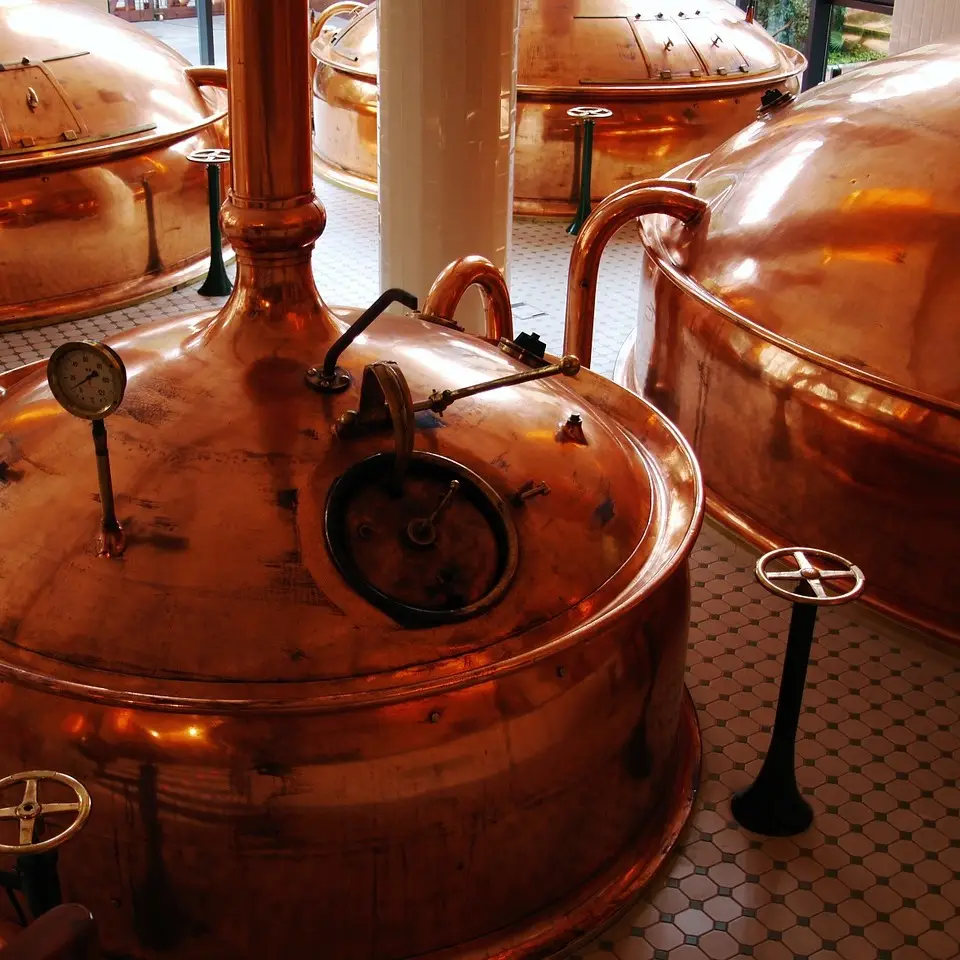
Fermentation: What’s Old Is New Again.
Humans have been fermenting food since the Neolithic age, and, thanks to French microbiologist Louis Pasteur, we know that living organisms initiate fermentation. Today, we know very well that fermentation not only helps us to make cheese, bread, and sourdough, but it also helps to keep us alive.
Fermentation is one of the oldest ways of conserving food that we have. The fact that it makes food delicious is just a bonus. And with Probioform, a living liquid, you’ll get an excellent fermentation starter — it fact, fermentation starts instantly. This is one of the ways to check how effective your probiotic product really is.
What Is Fermentation, Actually?
The word “ferment” is derived from the Latin fervere, which means “to boil.” Any metabolic process that is responsible for the desired changes in beverages and food by microorganism’s activity is called fermentation. This change can be preserving foodstuff, increasing flavor, providing health benefits and many more. Ironically, the process of fermentation is possible without heat.
The Science Behind The Chemical Process Of Fermentation
It is well known that microorganisms survive using carbohydrates for fuel and energy. Carbohydrates include sugar, such as glucose. The energy needed by every part of a cell is delivered by organic chemicals like adenosine triphosphate (ATP). Microbes generate ATP by the process of aerobic respiration, which requires oxygen. In aerobic respiration, glucose converts into pyruvic acid by the process of glycolysis.
When we say fermentation, it is similar to anaerobic respiration. Oxygen is absent during the process of anaerobic respiration, and this process of fermentation leads to the production of organic molecules such as lactic acid. Lactic acid also leads to ATP, and this is the total opposite of the process of respiration that uses pyruvic acid.
How Does The Fermentation Process Take Place?
The process of fermentation is completed in the presence of beneficial microorganisms like bacteria, yeast and molds, as well as the absence of oxygen. The microbes obtain their energy through fermentation. In fact, some yeast cells, like Saccharomyces cerevisiae, prefer fermentation when enough sugar is available.
During the process of fermentation, the beneficial microbes break down the starches and sugars into acids and alcohols. This entire process makes food more nutritious and makes it possible for the people to store it for a longer time without spoiling it. The products obtained by the process of fermentation deliver the necessary enzymes for digestion. Humans are born with a countable number of enzymes, and these enzymes decrease with age. The fermented food requires enzymes to break them down, and it also aids in pre-digestion.
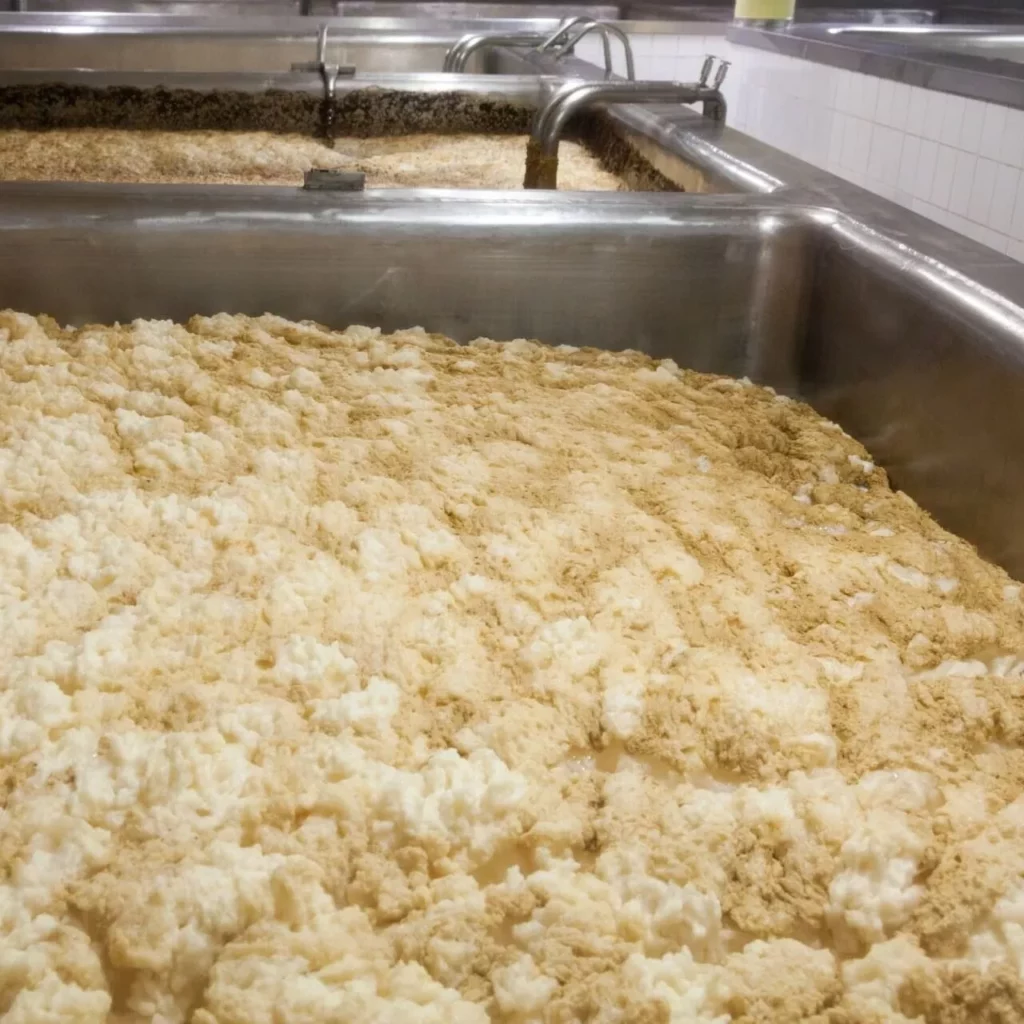
The Main Types Of Fermentation
The Main Types Of Fermentation
Lactic Acid Fermentation:
This is a type of fermentation in which bacteria and yeast transform starches or sugars into Lactic acid. Examples include kimchi, pickles, yogurt and sourdough bread.


Ethyl Alcohol Fermentation:
In this fermentation process, pyruvate molecules present in starch or sugar are broken down by yeast into carbon dioxide molecules and alcohol to produce wine and beer.
Acetic Acid Fermentation:
In this fermentation of sugar or starch of fruits or grains, the product turns into sour tasting vinegar and condiments.

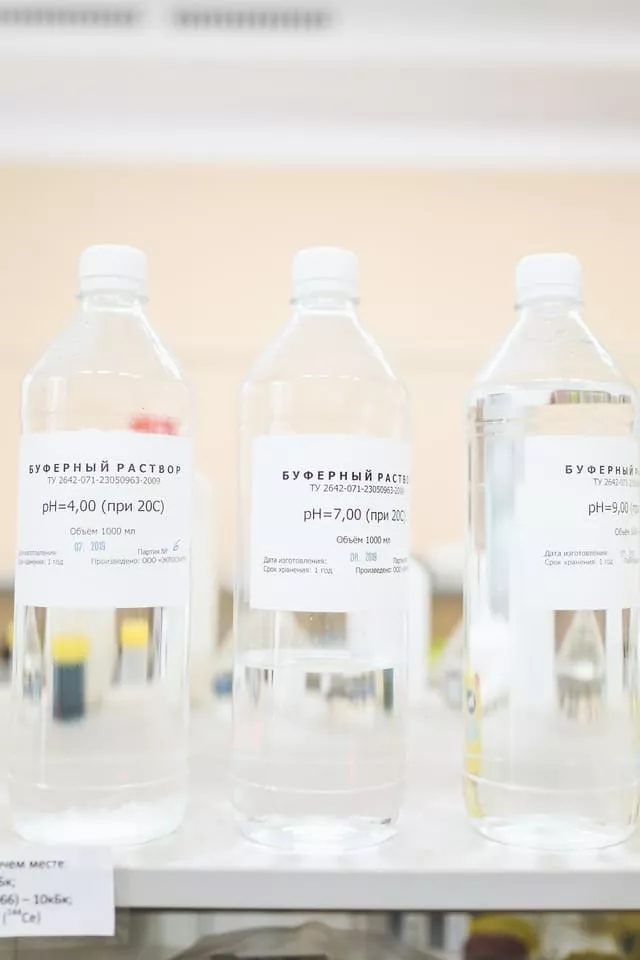
The Stages Of Food Fermentation
Depending upon what’s being fermented, fermentation can have several stages, but it can mainly be broken down into two types:
Acetic Acid Fermentation:
Microbes frequently start working on the initial raw ingredients and prevent putrefying bacteria from colonizing the food instead.
Secondary Fermentation:
This is often called brewing circles. This longer stage of fermentation takes several days or weeks to complete. When the available food sources (carbohydrates) become scarce and yeast and microbes start to die, the significant change in pH appears. This change affects the chemical reactions that take place between microbes and their environment.
Claim your free fermentation guide.
To claim your free fermentation guide, simply enter your email address in the space provided. Learn how to make more than 20 healthy and delicious recipes like milk-free yogurt, sauerkraut, kimchi and many more!
The Benefits Of Fermentation
The best thing about fermented food is that it is rich in beneficial microorganisms called probiotics. These probiotics maintain a healthy gut, and they can extract nutrients from food.
A healthy human has a balance and high diversity of microbes within themselves. There are more than 1,000 different types of bacteria in the gut, but it only takes a small number of bacterial types to present in higher numbers than normal to cause issues and diseases like:
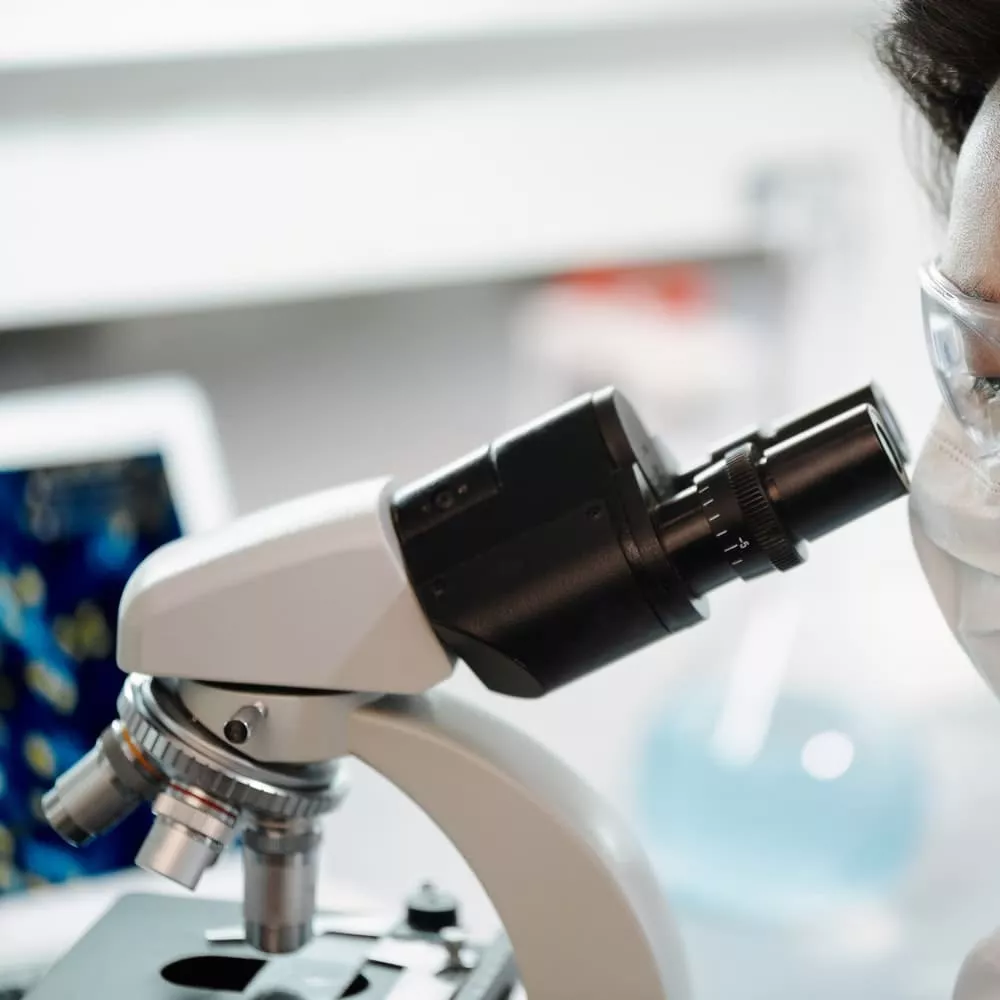
The difference between probiotics and fermented food
It is a misconception that probiotic and fermented food are the same things. Not all fermented food contains live organisms. Many fermented foods undergo steps that remove these organisms, such as wine and beer. Some fermented food is heat-treated, and this treatment inactivates the organisms — like the way sauerkraut is canned and bread is baked. It is clear now that these foods are nutritious, but show no probiotic activities.
Probiotics are the subset of fermented food that must contain the live microorganisms at the time of consuming it. The main reason for having these live organisms in these products is to perform the fermentation process inside the human intestine such as converting cabbage into kimchi and milk into yogurt or cheese. Probiotics always come with health benefits. It is clear now that not all probiotics come in the form of fermented food, and not all fermented food qualifies as probiotics.

The Benefits Of Probiotics:
Some common benefits of probiotics are the reduction or elimination of:
- Inflammatory bowel disease (IBD)
- Infectious diarrhea
- Diarrhea caused by antibiotics
- Irritable bowel syndrome (IBS)
Probiotic Supplements
It is true that fermented food contributes to a diverse array of microorganisms, and it has the potential to better your health. To achieve an adequate and confirmed dose of probiotics in your daily routine, probiotic supplements are a perfect idea. A good probiotic food supplement is well suited to promote the positive health of probiotics for several reasons:
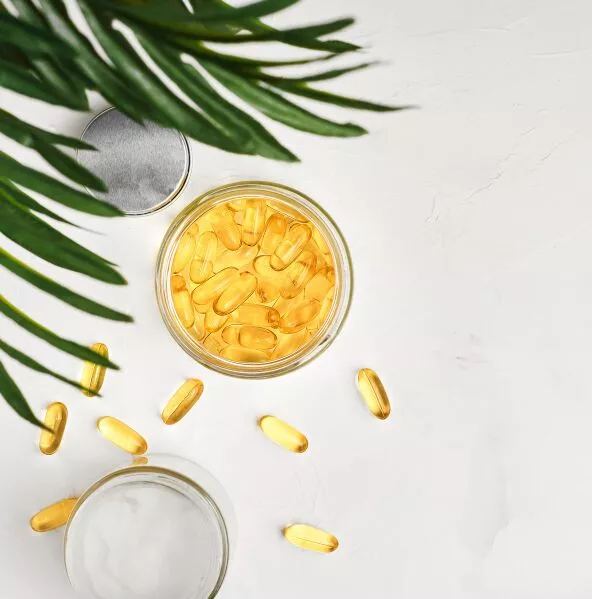
To get maximum advantage from probiotic supplements, it is essential that they have maximum viability in the product and their survival properties in the gut are robust. Probioform is a superb living liquid probiotic supplement with the amazing benefits of live microorganisms.
Fermentation And Probioform
Probioform is the best liquid probiotic supplement designed to help our bodies regain healthy bacterial flora. Probioform is not heavily processed, and it is produced by the process of fermentation. Beneficial bacteria are live in this fermented product, and its microflora increases the bioavailability of nutrients. Probioform has natural acids synthesized by this microbiota and these acids provide a nearly ideal natural environment to grow and flourish. This acidic nature of Probioform creates a pH of 3.7, which is close to the pH of the human digestive system (2.4). This low difference in pH adds an extra advantage to provide the maximum quantity of live bacterial strains to enter into the lower intestine.


Byproducts In Probioform
The beneficial bacteria in Probioform produce certain byproducts during their colonization like antioxidants, enzymes and vitamins. Probioform has all these beneficial products inside its bottle to maximize the benefits of these tiny organisms.

Conclusion
Probioform is a perfect living liquid probiotic for the whole family. It’s also good for athletes — it helps enhance their performance by providing them a healthy gut flora. Our probiotic supplement avoids heavy processing and assures the stability of products, meaning you can store Probioform at room temperature. It is very light to the stomach, and a single bottle of Probioform is equally beneficial to infants, children, adults, middle age and elderly family members.
Probioform works because it has naturally enclosed nature’s brilliant supporters — live bacteria.
Our Gallery
Explore more about Probioform

Family
we often don’t think about how we can improve our families’ intestinal health.
With Probioform, that is not only possible, it’s totally easy.

Men’s Health
As we get older, men often lose the time necessary to put better thought into what they’re eating. As a result, they just aren’t getting the probiotics our bodies depend on for optimal digestive health. And even if they put the time in to find healthy options, the chemicals, pesticides and fertilizers used to grow their food often strip them of the healthy microbes we need.

Women’s Health
Whether you’re a businesswoman, a mother, young, old or any combination thereof, today’s women have a lot on their plate. And, sadly, they often don’t give enough thought to their own health, especially something unseen like intestinal health. But that lack of attention to their gut can have dire consequences, such as constipation, diarrhea, mental health and even vaginal health.







